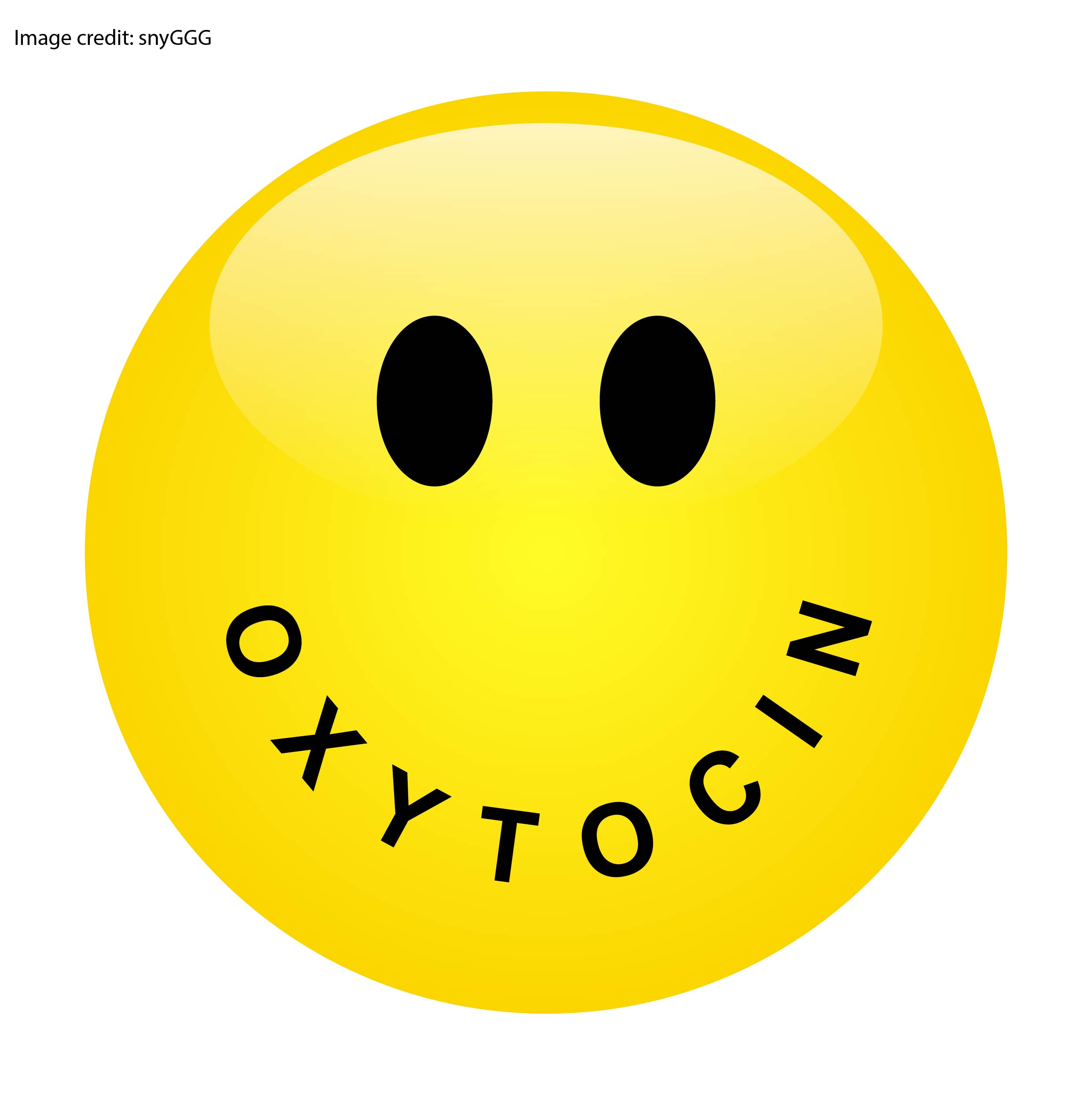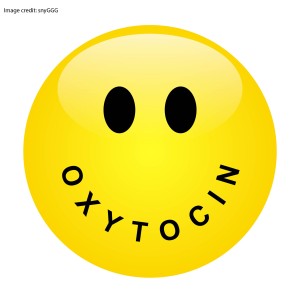
Oxytocin is often described as the “love hormone.” Apparently lots of oxtyocin is swirling around when mothers interact with their babies, and so its role in maternal affection is much trumpeted.
You may well hear people say that, in schools, we need to be sure that our students have more oxytocin in their lives.
However, folks giving this advice may be unsettled to hear that recent research describes oxytocin as “the relationship crisis hormone.”
Researchers in the US and Norway have found that, in romantic relationships, discrepancies in romantic interest lead to higher levels of oxytocin production.
In my mind, this news underlines an important general conclusion.
a) The study of psychology is complicated.
b) The study of neuroscience is really complicated.
c) The study of hormones is absurdly complicated. I mean, just, you cannot believe how complicated this stuff gets.
As a result, I encourage you to be wary when someone frames teaching advice within a simple hormonal framework. If you read teaching advice saying “your goal is to increase dopamine flow,” it’s highly likely that the person giving that advice doesn’t know enough about dopamine.
(BTW: it’s possible that the author’s teaching advice is sound, and that this teaching advice will result in more dopamine. But, dopamine is a result of the teaching practice–and of a thousand other variables–but not the goal of the teaching practice. The goal of the teaching is more learning. Adding the word “dopamine” to the advice doesn’t make it any better.)
In brief: if teaching advice comes to you dressed in the language of hormones, you’ll get a real dopamine rush by walking away…





